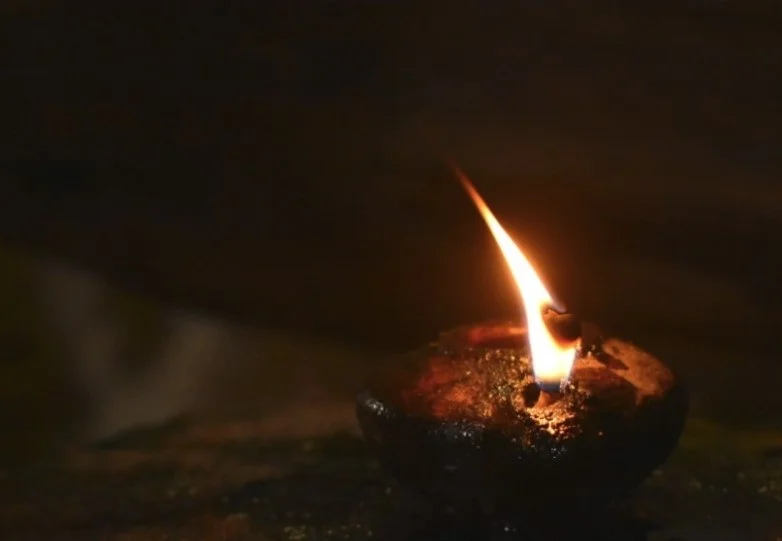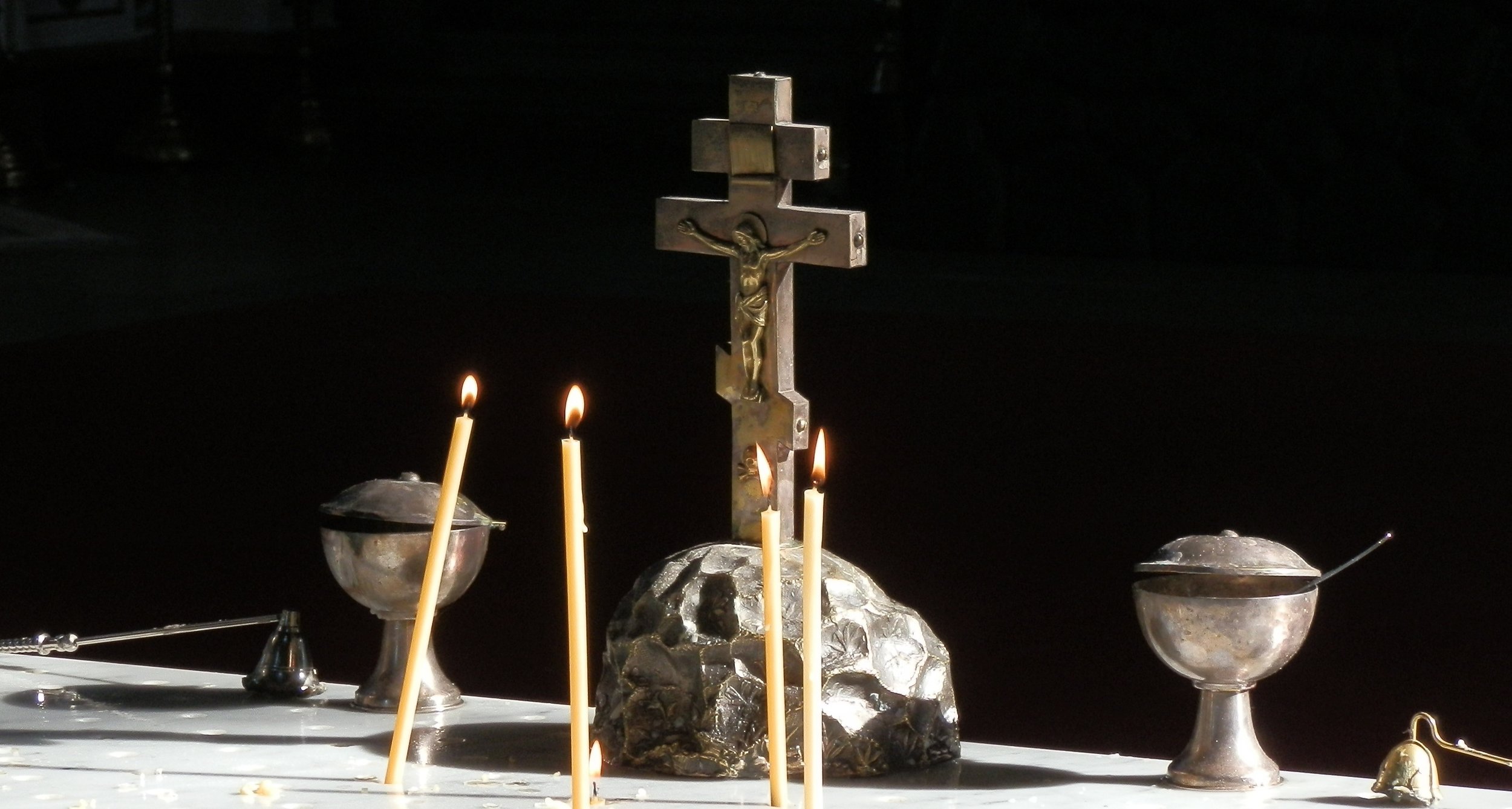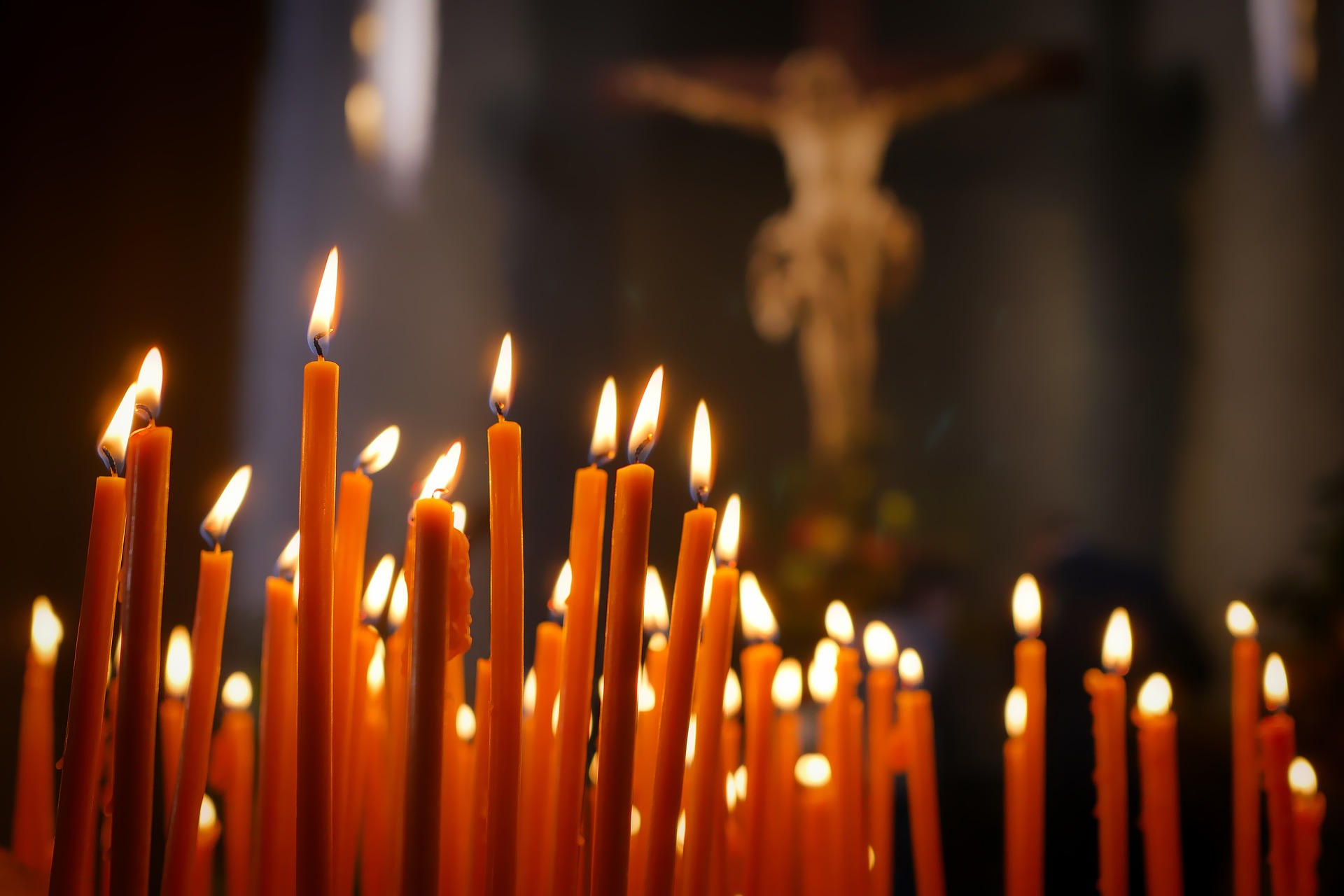Healing Atonement
The Councils of Nicaea and Constantinople (325 and 381 AD)
An old clay oil lamp from Nazareth, Israel. Photo credit: Olivia Armstrong.
Messages and Essays on the Councils of Nicaea and Constantinople
Debate on Facebook: PKC, from the Reformed Camp, Argues for the Divine Abandonment Theory
From August 2025. PKC is a professor emeritus of theology and also president emeritus of a seminary. He writes in support of John Piper, Timothy Keller, and R.C. Sproul: “It was the human consciousness of Christ that experienced the withdrawing of the presence of the Father. So the abandonment was real.” Mako argued against the divine abandonment theory based on Scripture and the Ecumenical Creeds, chiefly Athanasius. Here is Part 2.
Penal Substitution vs. Medical Substitution: A Historical Comparison
An analysis of the atonement theology ("medical substitution") of early church theologians, including Ignatius of Antioch, Irenaeus of Lyons, the Odes of Solomon, Justin Martyr of Rome, Melito of Sardis, Tertullian of Carthage, Methodius of Olympus, Athanasius of Alexandria (paper in progress to include later theologians, bishops, and councils).
Blog post. An introduction to the Father-Son relation, drawing from 1 Corinthians 1 and John 5.
Blog post. Examines the Son as the Father's wisdom and power, including Colossians 1:15 - 17.
Slides of a presentation given October 30, 2021 to the Reconstruction class. This presentation covers the conceptual and linguistic factors that led to the need to explain the Father-Son relation at the Council of Nicaea, the anti-Nicene reaction, Athanasius’ leadership advocating a pro-Nicene position, and the articulation of the Constantinopolitan revision of the Creed in 381 AD. Note that medical substitutionary atonement serves as the foundation of Trinitarian theology on slides 15 - 17, 21, 24, 31.
The Council of Nicaea, the Origin of "the Trinity," and the Role of Political Power
Slides to a presentation on the political history behind Nicaea
Sources of Atonement Theology
These resources explore the foundation of “Medical Substitution” as the best understanding of the Bible, and the original understanding of the church. There are also links to books, web articles, etc. from representatives of the three broad Christian traditions.





